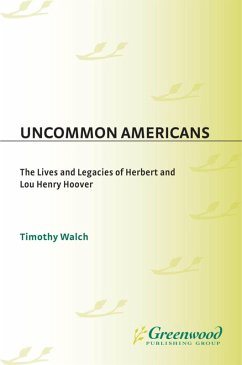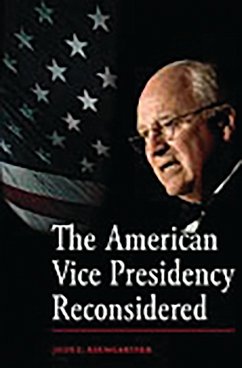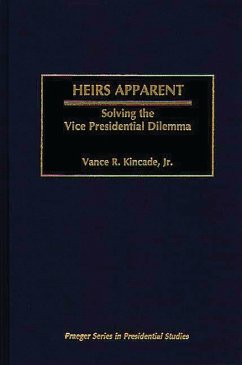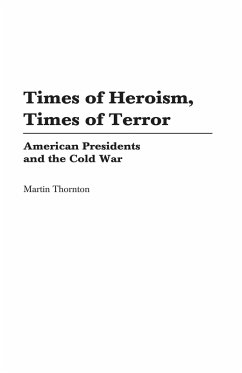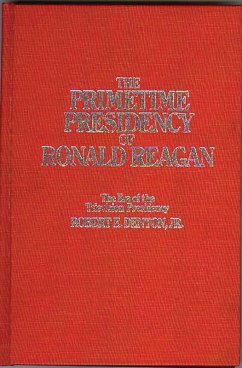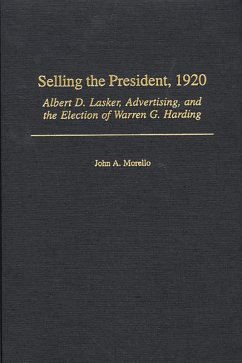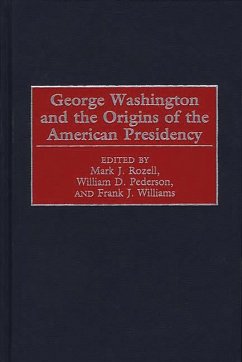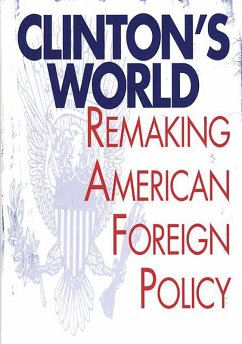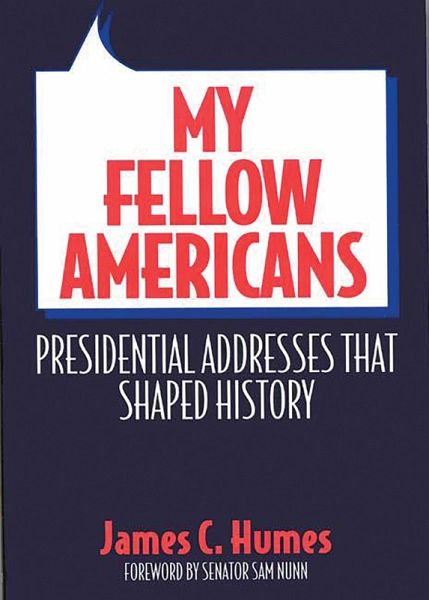
My Fellow Americans (eBook, PDF)
Presidential Addresses That Shaped History
Versandkostenfrei!
Sofort per Download lieferbar
58,95 €
inkl. MwSt.
Weitere Ausgaben:

PAYBACK Punkte
29 °P sammeln!
The presidency, in Theodore Roosevelt's famous words, is a Bully Pulpit. No one has studied the presidency from this vantage point. This book, in a sense, is a study of American political history seen through the prism of selected presidential addresses. It reveals how presidents used major addresses to create a theme for their administrations, to introduce history-making legislation or programs, or to rally successfully a majority of the nation behind their policies. No other book has examined the major presidential addresses--their construction and their impact--as history. No other book exa...
The presidency, in Theodore Roosevelt's famous words, is a Bully Pulpit. No one has studied the presidency from this vantage point. This book, in a sense, is a study of American political history seen through the prism of selected presidential addresses. It reveals how presidents used major addresses to create a theme for their administrations, to introduce history-making legislation or programs, or to rally successfully a majority of the nation behind their policies. No other book has examined the major presidential addresses--their construction and their impact--as history. No other book examines, in such detail, the background of the speechwriters who drafted the addresses. James C. Humes, a former White House speechwriter, has a unique understanding of the process of presidential speech-drafting. A single speech can be a defining point in American history, such as the Kennedy inaugural (Ask not what your country can do for you, ask what you can do for your country), or a rallying cry, such as Franklin Roosevelt's inaugural (The only thing we have to fear is fear itself). It can become an American creed as did the Gettysburg Address or a prophecy like the Reagan address to the Houses of Parliament in 1982. Washington's Farewell Address would prescribe our conduct in foreign policy for a century, as did the Monroe Doctrine in 1823. Sometimes the message is a declaration for war, such as Wilson's speech in 1917, or a war against an economic elite like Jackson's Bank veto in 1832 or Cleveland's Tariff message in 1887. This book is of great interest not only to historians and political scientists but also to students of the presidency and government.




